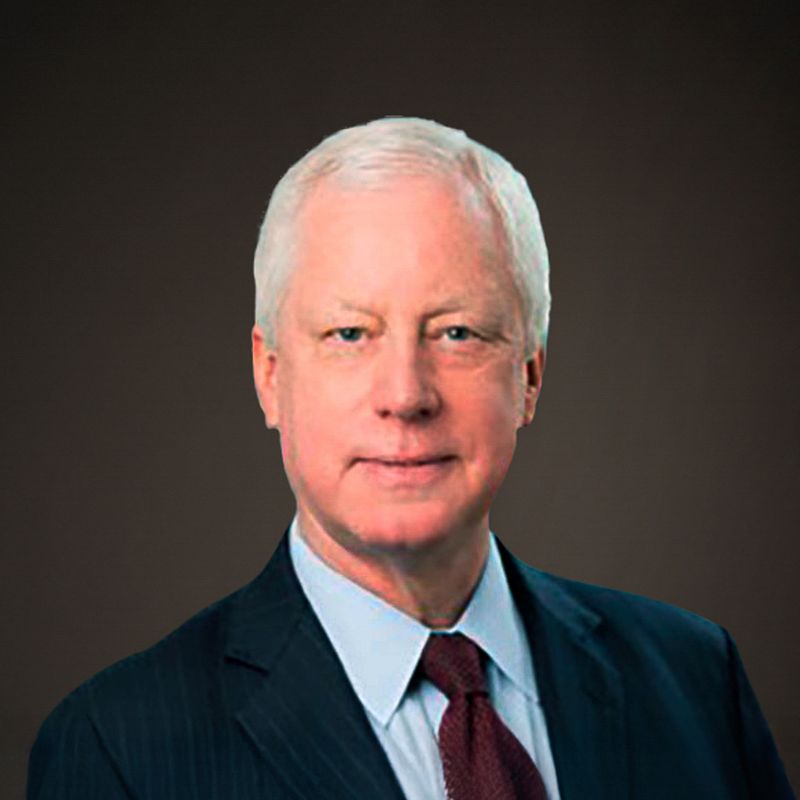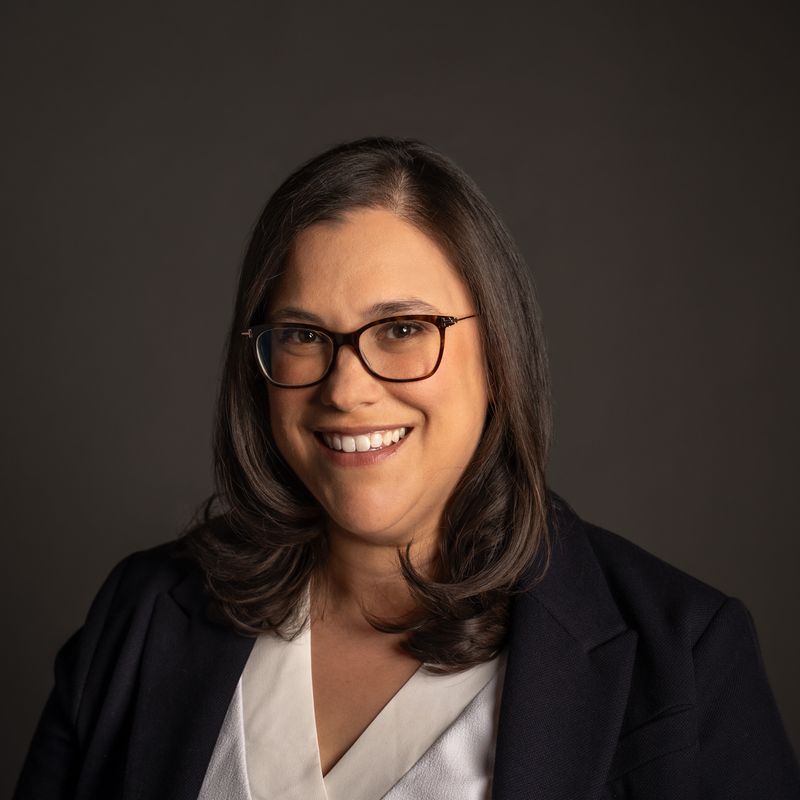Newsletter
Voluntary Personal Representative Is a "Prior Appointment" For Purposes of the Limitation Period for Commencing Formal Probate
November 1, 2023
Authors
Charles R. Jacob III
Of Counsel, New York
cjacob@goulstonstorrs.com+1 212 878 5143Jennifer L. Mikels
Director, Boston
jmikels@goulstonstorrs.com+1 617 574 3854Gary M. Ronan
Director, Boston
gronan@goulstonstorrs.com+1 617 574 3593Related Expertise
In The Matter of the Estate of Patricia Ann Slavin, 492 Mass. 551 (2023)
Does the position of voluntary personal representative under G. L. c. 190B, § 3-1201 constitute a “prior appointment,” which operates to exempt an estate from the requirement contained in G. L. c. 190B, § 3-108 that probate, testacy, and appointment proceedings be filed within three years of a decedent’s death? The Massachusetts Supreme Judicial Court answered this question in the affirmative In The Matter of the Estate of Patricia Ann Slavin, 492 Mass. 551 (2023).
This case arose out of the murder of Patricia Slavin in May 2016 in circumstances allegedly giving rise to claims for wrongful death. A few months after her death, the decedent’s daughter (petitioner) filed a voluntary administration statement in the Probate and Family Court pursuant to § 3-1201 and thereafter became the voluntary personal representative of her mother’s estate. The petitioner’s status as voluntary personal representative allowed her to administer her mother’s small estate without initiating probate proceedings.
More than three years later, the petitioner—having realized her position as voluntary personal representative did not grant her authority to pursue a wrongful death claim—filed a petition for formal probate in the Probate and Family Court seeking court appointment as personal representative. The petitioner argued that the three-year statute of limitations governing probate proceedings was inapplicable because it excepts otherwise untimely filings for estates in which there has been a “prior appointment.” The Probate and Family Court dismissed the petition as untimely, finding that her position as voluntary personal representative did not qualify as a “prior appointment” under the statute. The judge’s decision relied on a procedural guide published by an administrative office of the Probate and Family Court which provided that the authority of a voluntary personal representative does not result in an official appointment by the court.
The SJC granted the petitioner’s application for direct appellate review and held that both the plain language of G. L. c. 190B, §§ 3-108 and 3-1201 and the purpose of the MUPC support the conclusion that the position of voluntary personal representative is indeed a “prior appointment.” The SJC reversed the judgment of dismissal and remanded for further proceedings.
First, the SJC concluded that the plain language of § 3-1201 constitutes an “appointment” given that the register of probate may “issue a certificate of appointment to [a] voluntary personal representative”—language that the SJC refused to consider as mere surplusage. This language plainly contradicted the administrative guide the Probate and Family Court judge relied on. The SJC also considered the plain language of § 3-108, which does not limit the type of “prior appointment” that qualifies for an exception from the statute of limitations.
Second, the SJC held that this conclusion was consistent with the purpose of the ultimate time limit. Section 3-108 is intended to establish a basic limitation period within which it may be determined whether a decedent left a will and to commence administration of an estate. Where a voluntary personal representative has been named, the determination of whether a will exists has been made, and administration of the estate has commenced.
Finally, the SJC held that this interpretation was consistent with the legislature’s goal of “flexible and efficient administration” of estates in that it incentivizes people to continue to utilize voluntary administration for smaller estates without fear that they could not increase their authority beyond three years.
Takeaway: Voluntary administration can be used for administration of smaller estates without risk that the three-year limitation period for commencing formal probate proceedings will bar future probate, testacy, or appointment proceedings, if necessary.
Disclaimer: This alert should not be construed as legal advice or legal opinion on any specific facts of circumstances. The contents are intended for general informational purposes only, and you are urged to consult your own lawyer concerning your situation and any specific legal questions you may have.
Related Insights
Recognition
Goulston & Storrs Attorneys Named to Boston Magazine’s Top Lawyers List
Boston Magazine
December 2, 2025


